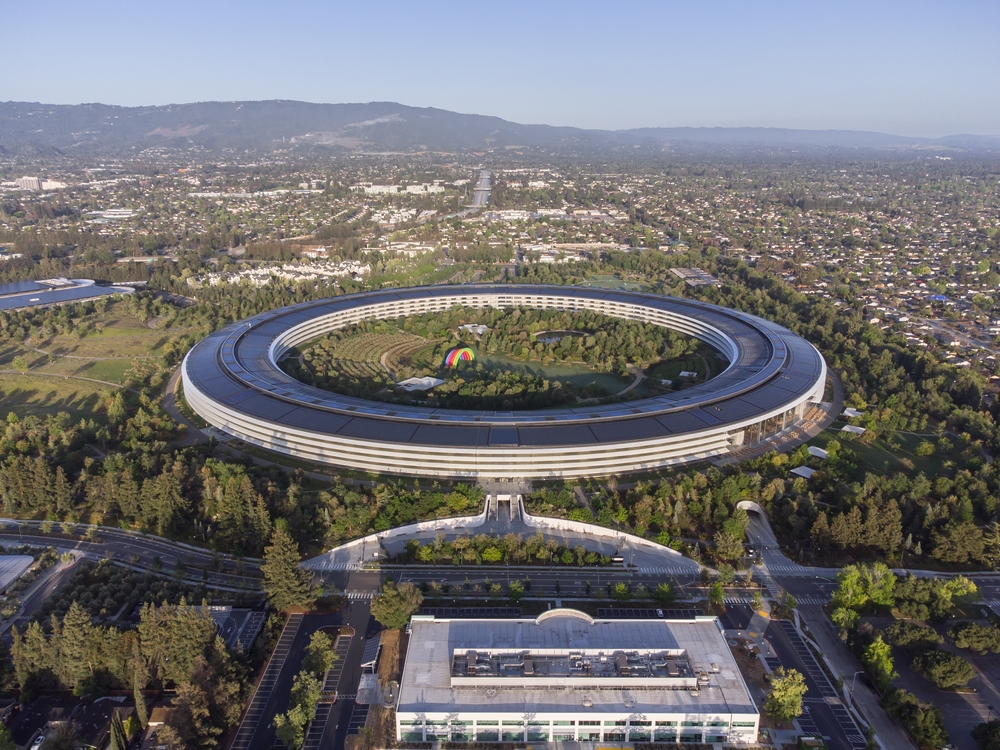A Silicon World: Global Tech Hubs Shaping the Future
The global tech industry has grown far beyond the boundaries of Silicon Valley. Over the past few decades, various regions across the world have earned “Silicon” nicknames, each developing into prominent centers of innovation and technological growth. While the industries and services found in these tech hubs vary, they share common traits: access to talent, government support, and proximity to academic institutions. Let’s explore some of these noteworthy “Silicon” regions and how they became vital players in the technology landscape.
Silicon Valley – the Original
Silicon Valley in California, USA, remains the quintessential tech hub and the originator of the “Silicon” trend. Its transformation began in the mid-20th century, driven by Stanford University’s commitment to fostering innovation and entrepreneurship. The region attracted talent, investment, and tech companies, aided by the growth of military and aerospace industries.
By the 1980s, Silicon Valley had become synonymous with the tech boom, thanks to companies like Apple, Google, and Intel. Today, the area is known for pioneering advancements in software, semiconductors, social media, artificial intelligence (AI), and biotech, supported by a robust ecosystem of venture capital firms, startup incubators, and research and development (R&D) initiatives.
Scottish Industry – Silicon Glen
Across the Atlantic, Silicon Glen in Scotland developed into a European hub for tech production in the 1970s and 1980s. The central belt of Scotland, encompassing cities like Glasgow and Edinburgh, became home to semiconductor manufacturing plants from tech giants such as IBM and Motorola. While its early focus was on electronics and semiconductor manufacturing, Silicon Glen has since evolved to include software development, artificial intelligence, and fintech, particularly as the region shifted towards digital services and renewable energy technologies. The presence of strong academic institutions and the region’s manufacturing expertise helped position Silicon Glen as a key player in Europe’s tech scene.
Clever Cambridge – Silicon Fen.
Further south, Silicon Fen in Cambridge, UK, rose to prominence thanks to the world-class research conducted at Cambridge University. This academic institution, renowned for its work in engineering, biology, and physics, fostered the development of a technology cluster in the 1990s. Silicon Fen specializes in biotechnology, pharmaceuticals, and hardware design, and is home to major companies like ARM Holdings, a leader in semiconductor design. With a focus on high-tech R&D, the region has become a European hub for life sciences and innovation, cementing its reputation as a global center for cutting-edge technology. Other tech and information businesses have been attracted to Cambridge, IT support and digital marketing being among them.
Innovation in Israel – Silicon Wadi
On the other side of the Mediterranean, Israel’s Silicon Wadi emerged as a global leader in cybersecurity, telecommunications, and AI. Concentrated around Tel Aviv and Haifa, this tech hub developed through a combination of government support, military innovation, and a strong emphasis on education. Israel’s tech industry benefited from its military’s technological advancements, particularly those from Unit 8200, which played a key role in cybersecurity development. Today, Silicon Wadi is home to major companies like Check Point Software and Mobileye, with specialties ranging from fintech to water technology and agritech.
The Celtic Tiger goes Tech – Silicon Docks
Dublin’s docklands, often referred to as Silicon Docks, became a tech powerhouse in the early 2000s when global tech giants such as Google, Facebook, and LinkedIn established their European headquarters there. Ireland’s favorable tax policies, coupled with access to a well-educated workforce, attracted these companies to the country. Silicon Docks has since become a central hub for social media, cloud computing, and fintech in Europe, offering services in cloud management and data processing. Many of the world’s leading tech companies use Dublin as a base for their European operations.
Africa’s Tech Hub – Silicon Savannah
In Africa, Nairobi has earned the nickname Silicon Savannah, largely due to its innovations in mobile technology and fintech. The rise of M-Pesa, a mobile payment system that transformed the financial landscape in Kenya, spurred Nairobi’s development into a tech hub. Today, Silicon Savannah is a center for mobile technology, e-commerce, healthtech, and agritech, with numerous startups and accelerators contributing to the region’s dynamic tech ecosystem. Nairobi has become an epicenter for innovation in mobile financial services, a vital resource in a continent where traditional banking infrastructure is often limited.
Booming Bangalore – Silicon Plateau
Bangalore, known as Silicon Plateau, became India’s tech capital in the 1990s when global companies began outsourcing software development and IT services to the region. A highly skilled workforce, lower labor costs, and favorable government policies helped Bangalore grow into a global IT hub. The region is home to major Indian tech companies like Infosys and Wipro, as well as multinational corporations like IBM and Microsoft. Bangalore’s focus on IT services, business process outsourcing (BPO), and software development has earned it a key place in the global technology supply chain.
The Linking Factors
These “Silicon” regions have all grown through a combination of academic influence, government incentives, and investment in research and development. They share common traits that have propelled their growth, including access to venture capital, the presence of key industries, and the ability to attract talent from around the world. While each hub has developed its unique specialties—whether it’s cybersecurity in Israel, mobile payments in Kenya, or biotech in Cambridge—they all contribute significantly to the global technology ecosystem. The rise of these hubs shows that the future of innovation is spread across many regions, each making its mark on the world stage.
Keep an eye for more latest news & updates on Next Forbes!






